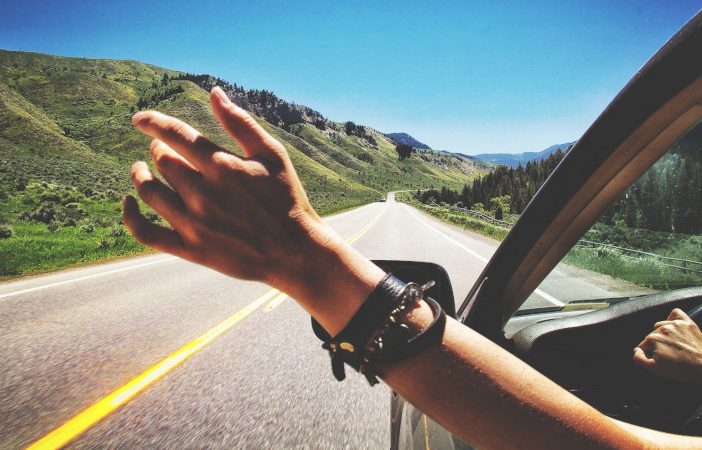Many road safety associations, including the AA, predict that road accidents during the holiday periods will be on the rise this year. Traditionally, traffic volumes reach some of the highest peaks during the holidays, with road services and medical responders strained and on high alert.
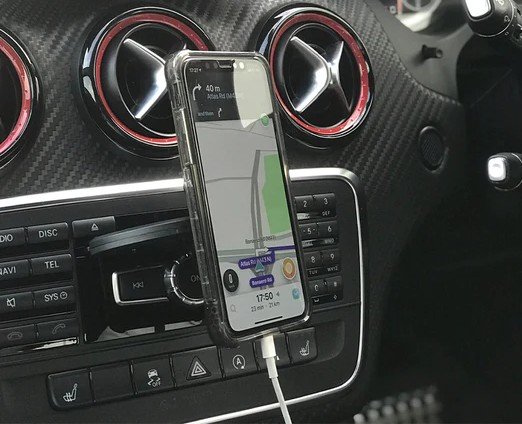
PriceCheck tip: Find out how to prep your car for summer road trips to save money and time.
“But, road safety advice is not just specific to drivers. Just because you are not driving doesn’t mean you’re not a road user. Passengers, commuters, pedestrians, cyclists, people riding motorbikes, and even people selling products on the road are all road users. Along with electronic devices, drink, drugs and distraction are all dangerous to all road users,” says the AA

Fortunately, there is still time to make a difference, play your part and potentially save lives these holidays. Ford South Africa together with Driving Skills for Life (DSFL) have put together five easy tips that can make the holidays safer and more enjoyable for yourself and those around you.
Here are the 5 Ws to a safer journey on the roads:
1) Work
Arriving safely at your destination takes work. The first step is ensuring your vehicle’s maintenance is in order. The managing director of MasterDrive, Eugene Herbert, explains: “Before setting off on a long journey ensure your services are up-to-date, windscreen wipers have not degraded, tyres are not worn and correctly inflated. Crashes as a result of ill-maintained vehicles are a common occurrence.”
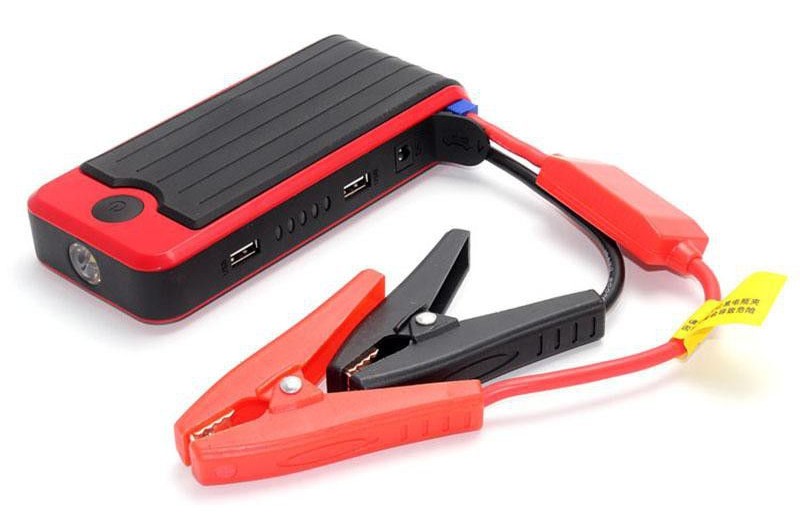
To ensure you don’t get caught unaware these holidays, ensure you have smaller car parts of your vehicle checked to ensure everything is in order. If your windscreen wipers are looking a little worse for wear or your battery is on the bend, then it’s best to replace them before taking on a long journey. Most small maintenance car parts you can buy online and replace yourself, so it doesn’t have to be a huge expense.

2) Way
Plan your route before departing. “This includes paying close attention to areas where crashes are common and planning where to stop. Once you have the route, stick to it.”
3) Watch
Employ defensive driving techniques throughout the trip. “This includes paying attention to the drivers around you and watching out for any reckless behaviour that could endanger other drivers. If you can see another driver is about to act recklessly well before they actually do, it gives you time to react before their driving becomes a hazard.
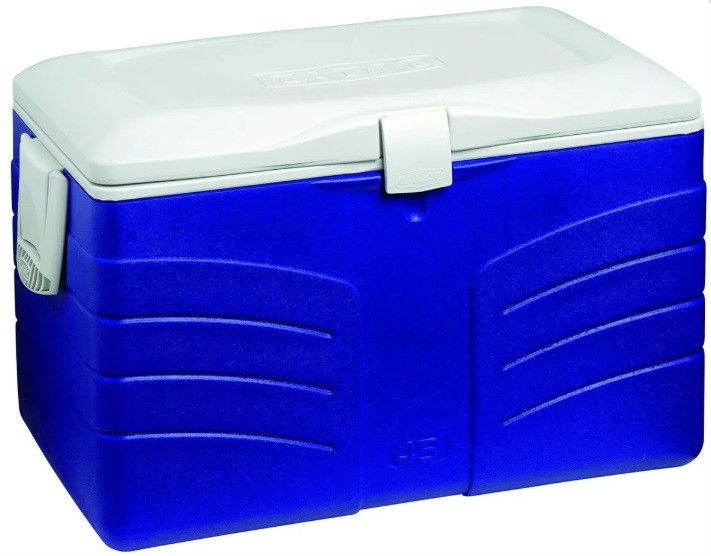
“This includes watching the sides of the roads for pedestrians and animals that may suddenly cross. Every year, one of the largest groups of fatalities is pedestrians. As you near towns or see road signs warning of pedestrians, pay heed and adjust your driving accordingly.”
4) Wait
Studies in recent years suggest that fatigued driving is becoming as large a threat to motorists as drunken driving. “Ensure you get a good night’s sleep before setting off. If you did not sleep well the night before, get a few more hours of shut-eye and arrive at your destination slightly later. If you feel sleepy while driving, take a break and wait until you feel refreshed before continuing along your journey.
PriceCheck tip: Connect your vehicle with smart features thanks to Apple Car Play and Android Auto compatable infotainment systems.
“While many prefer leaving at night, it is generally safer to wait for daylight hours. Besides the challenges it creates with fatigue and reduced visibility, night-time is also when you are more likely to encounter animals on the road,” explains Herbert.

5) Water
Ensure you are adequately hydrated and nourished. “Take time to pre-pack plenty of healthy snacks and water. This will assist with your concentration levels and avoid the energy crash that often follows unhealthy foods and sugary drinks.” Pack a small cooler box with snacks and cold drinks to ensure you always have something on hand for your trip.
Heading home
On the return leg of the trip, remember to do all the above again. “The trip home should take just as much planning. Avoid trying to rush home and taking unnecessary risks. There can be no better end to a trip than arriving home refreshed, destressed and above all, safely,” advises Herbert.
“With Ford South Africa’s long-term involvement with DSFL, many young drivers on our roads are being prepared with the right skills and training to make them safe, responsible drivers,” says Derek Kirkby, Training Director at Master Drive.
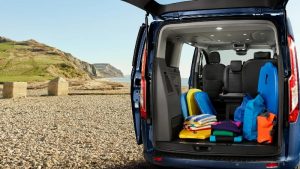
“The Driving Skills For Life programme continues to provide a nurturing platform to not only make young drivers aware of the potential dangers and bad habits but also to ensure they understand the modern safety systems that come standard in our vehicles. By exposing them to these safety systems and highlighting their effectiveness, in a safe environment, more and more young drivers are choosing safety as a top priority when buying a new vehicle,” says Kirkby.

